Google has decided to integrate the Bard chatbot into the messenger for devices using the Android operating system, allowing Google's artificial intelligence (AI) to analyze and read users' private messages, opening a real war between technology giants (BigTech) to compete for control of user data on mobile devices.

With the new feature, Android users will get an AI assistant that will help them communicate more easily and boost their creativity. Bard will analyze the content of messages to understand the context of the conversation, the user's emotional state and interests, and tailor its response to the person's mood and the overall context of the conversation.
Additionally, Bard analyzes the device owner's communication history with different contacts to personalize responses.
The data Bard collects via the messenger will be stored in the cloud, used to train the AI, and in an anonymized form. This data will be stored for 18 months and can persist for a few days even after the AI is turned off, although users have the option to delete it.
Privacy concerns arise regarding the analysis of message content, which is currently protected by end-to-end encryption. In principle, the analysis should be performed directly on the user's device, not in the cloud.
With the Bard chatbot application in messenger, Google's main goal is to create a platform for search and commercial advertising, helping to influence user conversations with relevant suggestions.
That has opened a new phase of the privacy battle in the world of smart devices, with Google having to convince users that using the new technology won’t lead to previous problems with app permissions, tracking transparency, and voice assistant eavesdropping scandals.
Apple, a competitor of Google, has a long tradition in analyzing data on mobile devices. The company is also expected to introduce generative AI technologies on its iPhone devices soon, focusing on analyzing data directly on the device.
With Nvidia’s latest acquisitions, Meta also sees the possibility of adding similar features to WhatsApp. Google has the advantage of already having a huge advertising ecosystem and being technically ready to deploy AI chatbots into its apps.
However, Facebook also has its own advantages, with WhatsApp and Facebook Messenger being platforms with more active users than Google's messenger.
The launch date for Bard in Google's messenger is yet to be determined, but it is expected to happen in 2024. It is important to note that Google's integration of AI into its messenger will change the texting platform forever and increase the fierce competition between Google, Apple, and Meta.
Users are encouraged to carefully consider their decision to use a message mining app, weighing the potential benefits against privacy concerns.
(according to Securitylab)
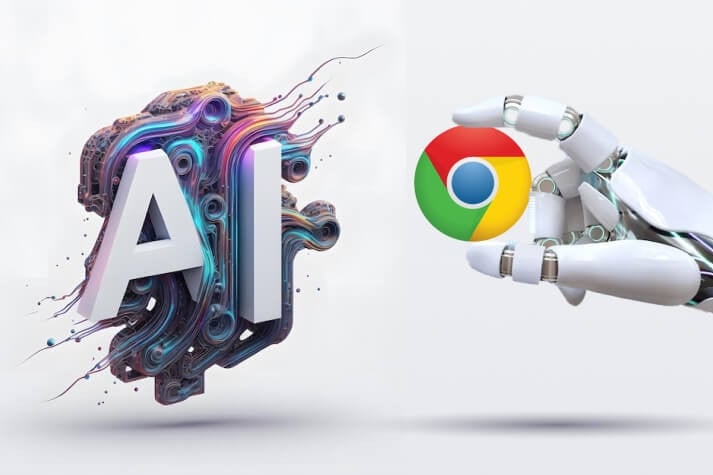
Google Chrome browser launches 3 new AI features at the same time
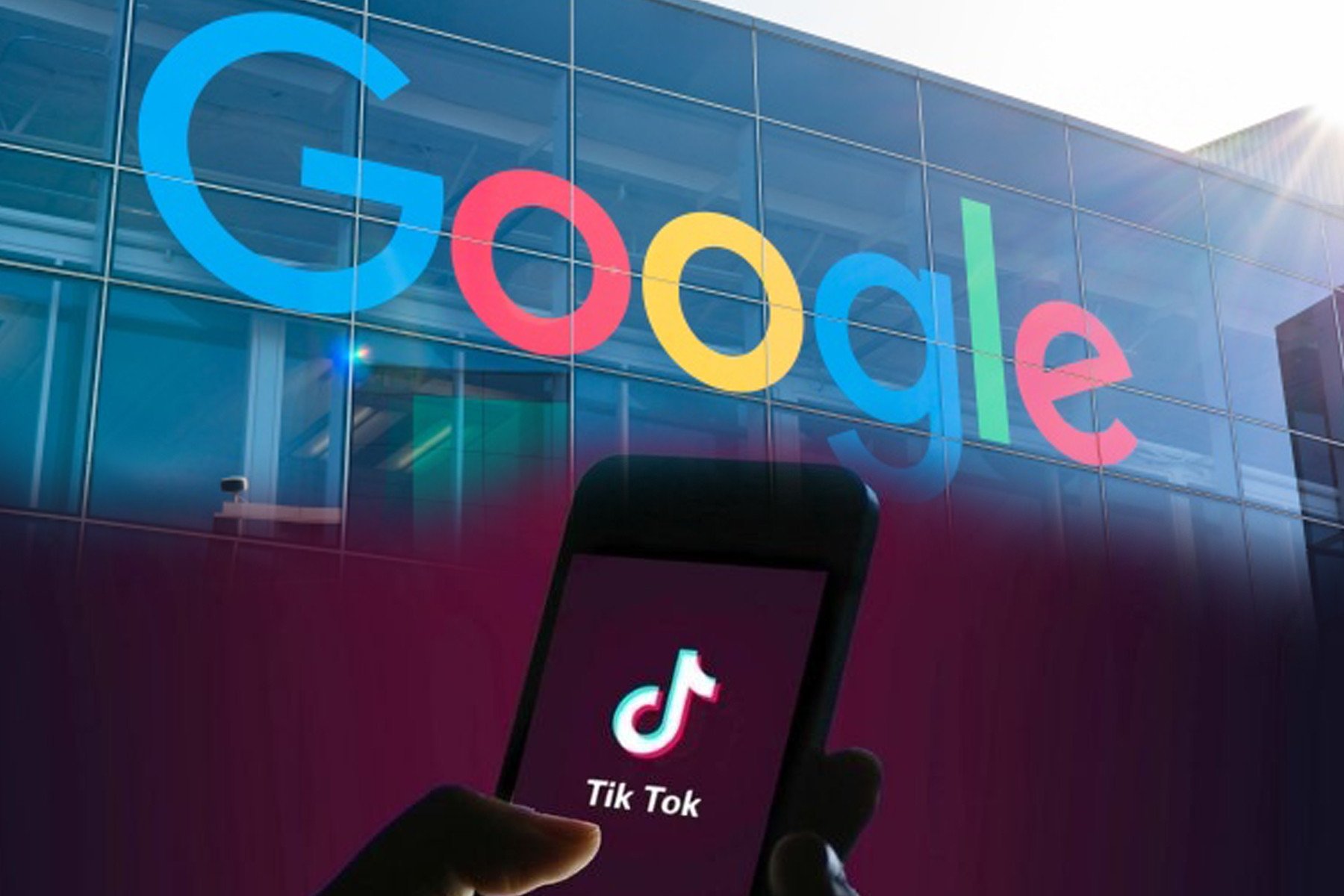
The 'nightmare' of layoffs is not over at Google, more US states sue TikTok

Google employees in Japan and South Korea 'rebel' against wave of layoffs
Source


![[Photo] Cat Ba - Green island paradise](/_next/image?url=https%3A%2F%2Fvphoto.vietnam.vn%2Fthumb%2F1200x675%2Fvietnam%2Fresource%2FIMAGE%2F2025%2F12%2F04%2F1764821844074_ndo_br_1-dcbthienduongxanh638-jpg.webp&w=3840&q=75)







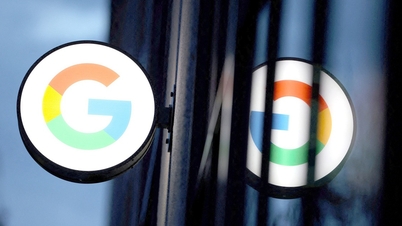

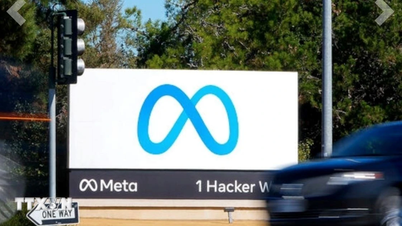

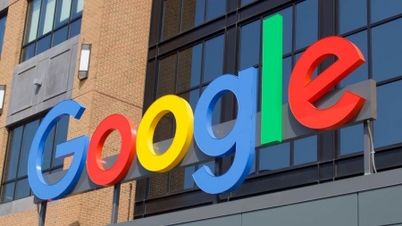









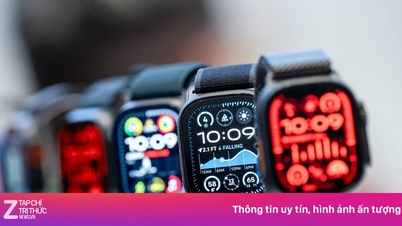



































![[VIMC 40 days of lightning speed] Da Nang Port: Unity - Lightning speed - Breakthrough to the finish line](https://vphoto.vietnam.vn/thumb/402x226/vietnam/resource/IMAGE/2025/12/04/1764833540882_cdn_4-12-25.jpeg)
























































Comment (0)